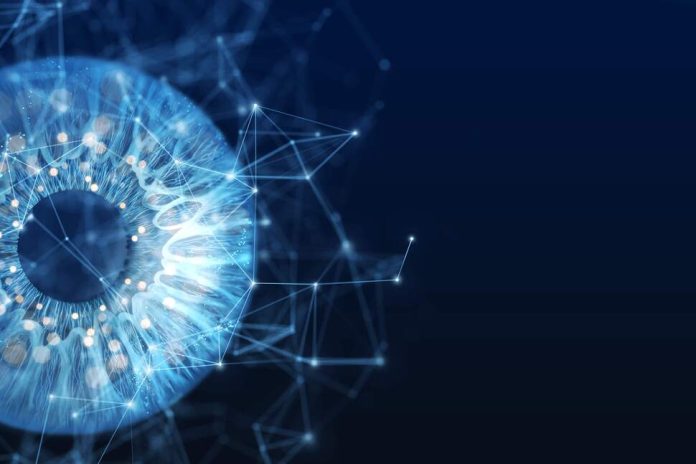What Is Worldcoin (WLD)?
Worldcoin is a digital identification platform intended to provide a convenient way for a person to verify that online text, videos or any other types of content came from a real human being rather than generative AI software. It was co-founded by Sam Altman, the CEO of chatbot maker OpenAI, and was built by a company called Tools for Humanity.
The Worldcoin project consists of the World ID digital passport, the World App crypto wallet and the WLD cryptocurrency token. Worldcoin uses an iris-scanning biometric imaging device called an Orb to scan users’ iris patterns in their eyes and create a World ID identification code called an “IrisCode.” The World App stores a user’s credentials and can be used to verify identity on third-party apps. It also serves as a crypto wallet that can hold WLD tokens, as well as bitcoin and ethereum.
Roughly 2 million users who participated in the Worldcoin beta program each received 25 WLD tokens. There are currently more than 110 million WLD tokens in circulation, and the Worldcoin white paper suggests a total of 10 billion total tokens will be issued over a 15-year period, at which point the WLD supply will be capped.
In addition to allowing internet users to differentiate between real people and AI bots, the Worldcoin team hopes the platform could eventually help users profit from the economic boom AI will create. For example, Altman has said World IDs could be used to reduce fraud when distributing universal basic income (UBI).
How to Buy Worldcoin
Worldcoin is scaling up its “orbing” operations to create World IDs in more than 35 cities in 20 different countries, including New York, San Francisco and Miami. Unfortunately, U.S. citizens are not allowed to use, purchase or access WLD tokens at this time, according to the Worldcoin terms of service.
WLD token began trading on major crypto exchanges Binance, Bybit, Huobi, OKX, Gate.io and KuCoin on Monday, July 24. After starting at $1.70 and going as high as $3.58 on its first day of trading, WLD was last trading at around $2.15 as this story went to press.
Users outside of the U.S. can buy WLD by opening an account on one of the exchanges that supports WLD trading. While users are not required to scan their retinas to verify their identity, reputable cryptocurrency exchanges will require “know your customer” verification to open an account. After opening and funding a crypto wallet, users can purchase WLD just like they would Bitcoin or any other crypto.
Is Worldcoin Safe?
The cryptocurrency market in general has its fair share of skeptics, but Worldcoin’s approach to biometrics, its unavailability in the U.S. and its lack of clarity about token distribution has made it a particularly controversial topic.
Some critics are concerned about the company’s lack of explanation about how WLD tokens will be distributed. In a recent interview with Bankless, Blania declined to answer questions about WLD distribution, citing “regulatory uncertainty” in the U.S. Several cryptocurrencies and exchanges have come under fire from the U.S. Securities and Exchange Commission in recent months over allegations that they have been selling and distributing unregistered securities.
In addition to concerns over token access and distribution, other skeptics say collecting biometric data is a security risk in itself. Ethereum co-founder Vitalik Buterin said Worldcoin’s proof-of-personhood system has potential problems with accessibility, privacy, security and centralization. MIT Technology Review published a story in April 2022 questioning Worldcoin’s data-collection ethics during its beta phase. Some traders have raised concerns over potential WLD dilution and the impact on Worldcoin’s price, given only about 1% of the crypto’s total supply is currently in circulation.
Will Worldcoin Be Available in the U.S.?
At this point, it’s unclear if or when WLD tokens will be available to U.S. investors. On July 20, House Republicans introduced the Financial Innovation and Technology for the 21st Century Act, a bill that aims to establish clear regulatory oversight

